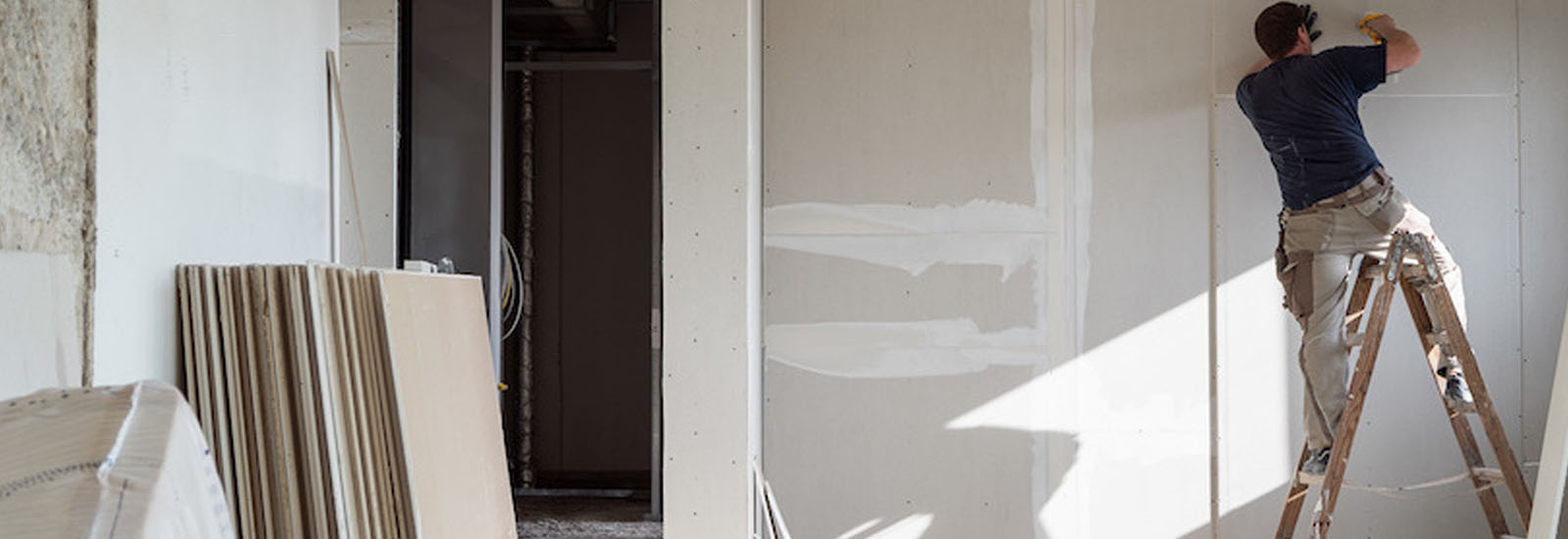Renovations and Alterations
Renovations and alterations are critical aspects of home improvement that involve modifying existing structures or layouts to better suit the homeowner’s needs, enhance functionality, or improve aesthetic appeal. These changes can range from minor updates to major overhauls, depending on the project’s scope, budget, and intended outcomes.
These include painting, updating fixtures and fittings, replacing flooring, or adding new finishes and textures. Cosmetic renovations are generally less costly and do not typically alter the structure of the home.More extensive than cosmetic changes, structural alterations may involve removing or moving walls, adding extensions, or altering the home’s roofline. These changes require more significant investment and skilled labor, as they impact the building’s framework.
Renovating electrical systems, plumbing, heating, and cooling systems fall into this category. These are essential for improving the home’s efficiency and safety, especially in older homes.Restorations aim to return a property to its original state or preserve historical features, often required in heritage homes. This can involve specialized craftsmen and materials.
The design should not only meet current needs but also consider future usability. Engaging an architect or designer can help maximize space and functionality.Hiring reputable contractors who are licensed and insured is critical. Proper vetting and obtaining references can safeguard the quality of the work.Renovations can disrupt daily life, so it’s important to plan for the extent and duration of the work. Temporary accommodations might be necessary for extensive projects.





